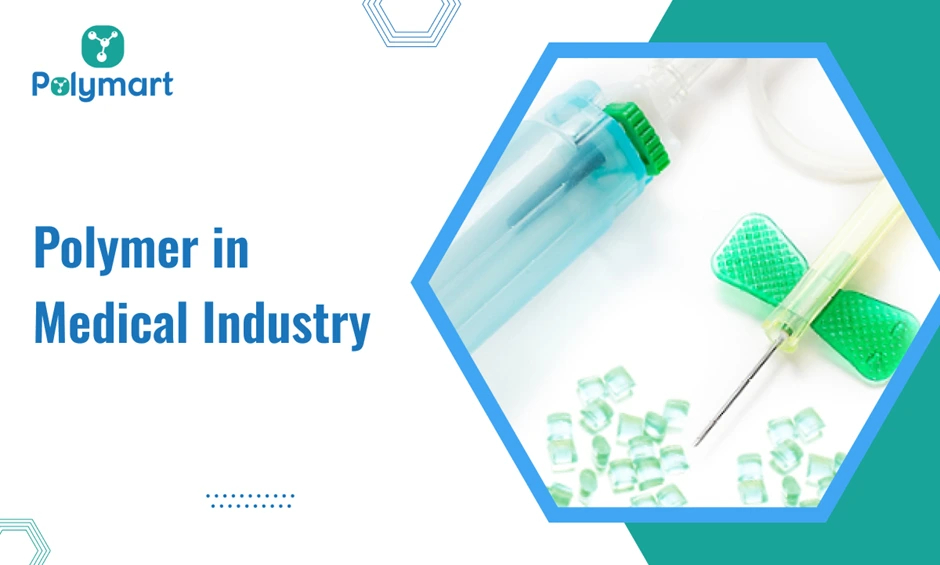
With global health concerns on the rise post-pandemic, the healthcare industry is experiencing unprecedented growth, intensifying the demand for medical products. Key to meeting this demand are polymers—versatile, durable, and cost-effective materials now essential to modern medical advancements.
Polymers have become integral to healthcare due to their affordability, mass-producibility, and sterilizability. These qualities help lower treatment costs and make healthcare more accessible. As the demand for cost-effective and efficient medical solutions grows, polymers are rapidly gaining prominence in the industry.
Top Benefits of Polymers in Healthcare: A Closer Look
1. Biocompatibility and Safety
Materials like silicone, polyethylene, and polypropylene are biocompatible, meaning they’re safe for contact with human tissues. This makes them ideal for implants, surgical tools, and drug delivery devices, reducing the risk of adverse reactions.
2. Lightweight and Flexible
Unlike metals and ceramics, polymers are lightweight and flexible, adding comfort and precision in applications like prosthetics, catheters, and contact lenses. These properties enhance patient experience and ease of use for medical personnel.
3. Reusability Through Sterilizability
Polymers can endure rigorous sterilization processes, maintaining hygiene and safety standards in medical applications. Polyether ether ketone (PEEK), for instance, is resistant to high temperatures and repeated sterilization cycles, making it an excellent choice for reusable surgical instruments that help reduce waste.
4. Cost-Effective Manufacturing
Polymers are generally easier and cheaper to mold and process than traditional materials like metals. This lowers production costs, making healthcare supplies more affordable and increasing access to essential medical equipment.
5. Anti-Microbial Properties
Anti-microbial additives in polymers prevent bacterial growth, reducing hospital-acquired infections. Gloves, masks, and other equipment coated with anti-microbial polymers help protect patients and healthcare providers by minimizing contamination risks.
6. Eco-Friendly with Bio-Polymers
Bio-polymers, derived from renewable resources, offer an eco-friendly solution for medical applications. These biodegradable materials reduce medical waste, aligning with global efforts toward sustainability while delivering the same high-performance characteristics as traditional polymers.
7. Versatile Applications
Polymers cater to both soft and rigid applications in healthcare. Soft polymers like silicone and polyurethane are widely used in bandages and wound dressings for their comfort, while rigid polymers like PEEK and polypropylene provide strength for surgical tools, prosthetics, and implants.
8. Safety and Comfort
Polymers like Polyvinyl Chloride (PVC), polypropylene, and silicone offer comfort and safety in medical settings. They endure sterilization and mitigate infection risks, making them vital for handling and patient mobility.
Partner with PolyMart: Your Source for Quality Medical Polymers
Polymers are transforming healthcare by providing safe, lightweight, and cost-effective solutions. If you’re in search of a reliable polymer distribution company, look no further than PolyMart. Our platform simplifies the buying and selling of high-quality polymers tailored to your needs, from basic medical applications to advanced devices.
Experience the benefits of a trusted supplier—visit PolyMart today and discover cost-effective, high-quality polymers for your medical manufacturing needs.